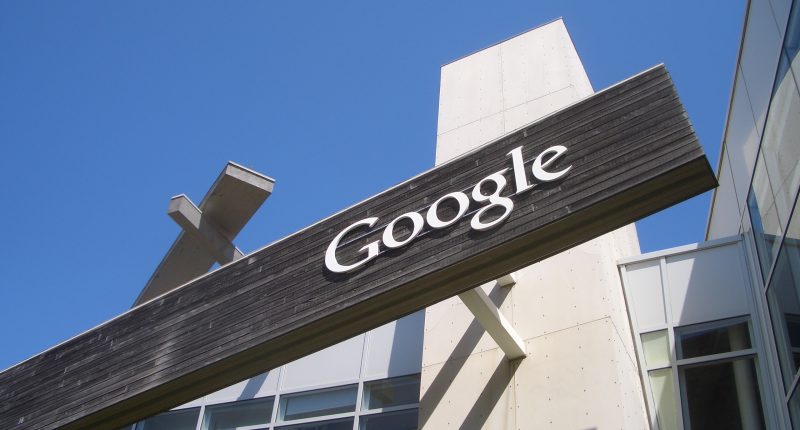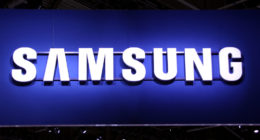Fourteen months after Google launched Stadia, a cloud gaming service developed and operated by the Silicon valley tech giant itself, the company announced on Monday that it was closing the shutters on the internal game development studio and will no longer invest in the creation of its own games for the service beyond any near-term planned titles. This means that Stadia’s could gaming service is now completely dependent on titles from other game developers and publishers.
Stadia was one of a kind when it was launched-a new type of video-game platform operating without a console and able of storing game-playing sessions in the cloud. With cloud gaming on a rise thanks to the increasing cost of computer hardware, platforms like Stadia provide a viable alternative (at least for some titles). Moreover, Stadia allows players to switch devices (PCs, laptops, and phones included) without any consequences.
However, now Google has announced that it would be shutting down Stadia game development studios in Montreal, where the first Stadia studio was opened in 2019, and Los Angeles. Not much later, it had acquired Typhoon Studios. In a blog post, Stadia vice president and general manager Phil Harrison announced the end for the company’s internal game development journey. It was also revealed that the shutting down of the unit was due to the high costs involved in developing games that attract users.
“Creating best-in-class games from the ground up takes many years and significant investment, and the cost is going up exponentially,” the blog post read. “Given our focus on building on the proven technology of Stadia as well as deepening our business partnerships, we’ve decided that we will not be investing further in bringing exclusive content from our internal development team SG&E, beyond any near-term planned games.” Stadia Games and Entertainment was supposed to release exclusive games on the new platform, but it never got the chance. A Google spokesperson re-iterated that Google remained committed to “Stadia as a platform.”
This move means that most of the team members would be moving to other roles and positions and that Google would aid them in this quest. A prominent name in this list includes industry veteran Jade Raymond, the head of Google’s Stadia Games and Entertainment. Raymond has donned multiple hats in her 15-year long career, including a producer’s role for Ubisoft on the earliest Assassin’s Creed games.
Harrison defined Stadia as a “technology platform for industry partners” and that Google believed working together with working with developers and publishers to bring third-party games to the platform is the “best path to building Stadia into a long-term, sustainable business.” Stadia users, according to Harrison, will continue to be able to play games on Stadia and Google will continue to bring new third-party titles to the platform.
Stadia witnessed a rise in users in 2020 after Google allowed two months of free access to its premium versions to its users following the pandemic.





